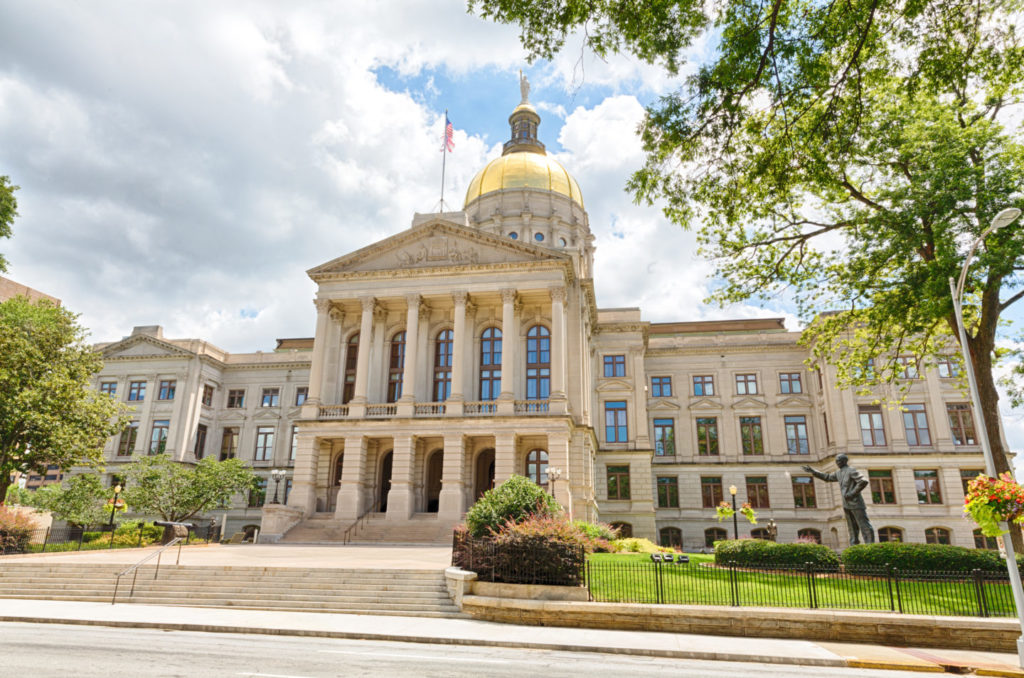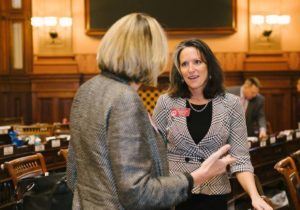Georgia Republicans reaffirm commitment to school choice
(The Center Square) – Georgia Senate Republicans have reaffirmed their support for a measure to create state-funded education savings accounts.
The Senate Majority Caucus’s newly unveiled…

(The Center Square) – Georgia Senate Republicans have reaffirmed their support for a measure to create state-funded education savings accounts.
The Senate Majority Caucus’s newly unveiled priorities for the 2024 Legislative Session include passing Senate Bill 233, the Georgia Promise Scholarship Act. Under the measure, taxpayers would cover the cost of scholarships up to $6,500 per student per school year, allowing families to use the money to defray “qualified” education costs, such as private school tuition.
The move follows remarks Republican Gov. Brian Kemp made during his State of the State address, in which he called on lawmakers to advance a solution that provides Georgia students with the best education possible. Education advocates have also called on lawmakers to advance measures that help students succeed.
“We commend Gov. Kemp for his strong message in support of educational options,” Kyle Wingfield of the Georgia Public Policy Foundation told The Center Square in a statement.
“We share his belief in the power of competition to drive innovation and improvement in education for all of Georgia’s students — those who remain in their traditional public schools, and those whose families make a different choice,” Wingfield added. “We urge lawmakers to pass legislation that prioritizes the best interests of students by empowering all of them to choose the educational setting that best fits their needs.”
Meanwhile, a new report found that between 2022 and 2023, Georgia students recovered roughly one-quarter of the loss experienced in reading and one-third of their math loss. However, according to the Education Recovery Scorecard, a collaboration between Harvard University’s Center for Education Policy Research and Stanford University’s The Educational Opportunity Project, the state’s higher-poverty districts saw larger losses.
Clayton, Douglas, Bibb, Savannah-Chatham, and Atlanta students lost nearly a full grade equivalent in math and more than half a grade equivalent in reading.
“No one wants to see poor kids footing the bill for the pandemic, but that is the path Georgia is on,” Dr. Thomas Kane, Faculty Director of the Center for Education Policy Research at Harvard University and one of the study’s co-authors, said in a statement. “With federal relief dollars drying up, state leaders must ensure the remaining dollars are used for Summer 2024 and for tutoring and after-school next year.”
Additionally, on Wednesday, the Georgia Budget and Policy Institute released its analysis of Kemp’s proposed $13.3 billion for Peach State public schools, a $1.4 billion increase over current levels.
“While the budget proposal shows a commendable commitment to education, we must carefully consider the long-term implications of relying on inequitable local property taxes for teacher compensation and increased health insurance costs,” Stephen Owens, GBPI’s education director, said in a statement. Sustainable funding solutions are crucial for ensuring the continued success of Georgia’s public schools.”



